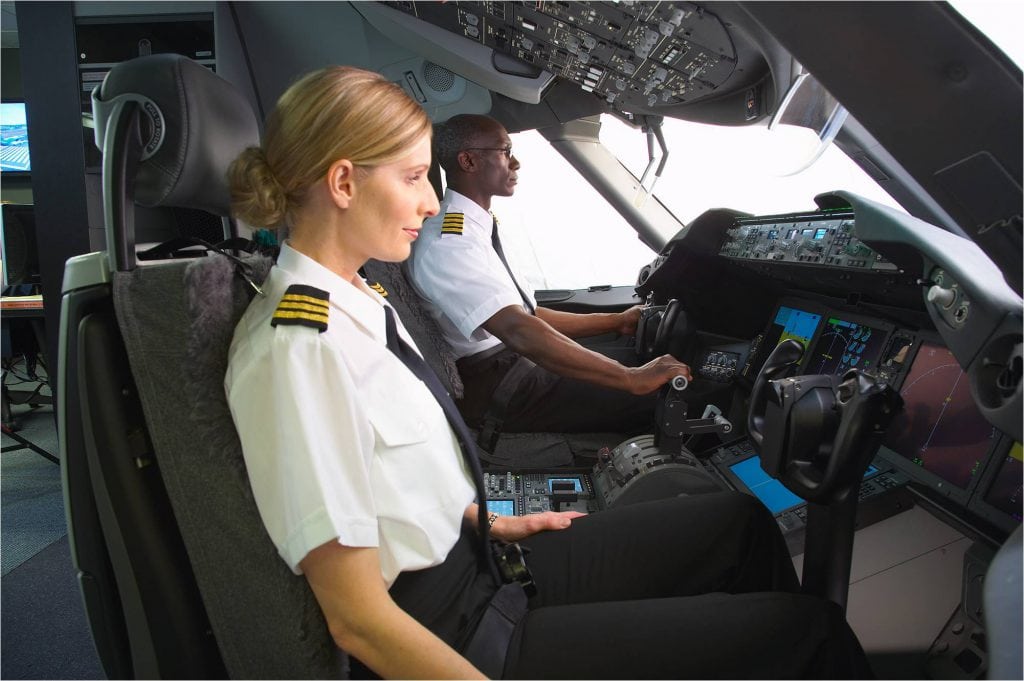
File photo
EASA has published an opinion proposing amendments to the training requirements for initial pilot licensing. The amendments aim to prevent loss of control during flight situations.
Called “Upset Prevention and Recovery Training” (UPRT), the requirements would increase the pilot’s capability to cope with unexpected aircraft upset situations, EASA said. They are based on ICAO standards and recommended practices, developed by EASA in consultation with industry. The proposed amendments are expected to be adopted by April 8, 2018, by the European Commission. A one-year transition period would then follow.
EASA wrote:
This Opinion proposes to integrate upset prevention and recovery training (UPRT) requirements and provisions into the EU pilot training regulatory framework. The proposed training requirements aim to provide pilots with competencies to prevent upsets or to recover from developed upsets. The main focus of the new training standards is on pilots who intend to pursue a pilot career with a commercial airline. Such pilots would likely complete either an aeroplane airline transport pilot licence(ATPL) or a multi-crew pilot licence (MPL) integrated training course, followed by training to act as a pilot in a multi-crew environment on respective aircraft. The proposed pilot training aims to deliver enhanced pilot competencies through additional upset-prevention- and upset-recovery-related theoretical knowledge (TK) and flight instruction for the commercial aeroplane licences. The newly developed advanced UPRT course, which is to be mandated as an addendum to ATP and MPL training courses and also to serve as a prerequisite prior to commencing the first type rating course in multi-pilot operations, is seen as an important step towards enhancing a commercial pilot’s resilience to the psychological and physiological aspects often associated with upset conditions. In support of the new standards, the proposals place greater emphasis on the training of instructors involved in the flight and synthetic training who are foreseen to deliver the various UPRT elements. For training towards non-commercial licences (light aircraft pilot licence (LAPL), private pilot licence (PPL)), the existing training syllabi in AMC will be slightly revised to introduce UPRT elements, taking into account already existing training syllabi.